In the world of gardening and agriculture, the terms NPK (Nitrogen, Phosphorus and Potassium) as well as micronutrients (such as calcium, magnesium, sulfur, etc…) often come up in discussions about plant nutrition. Understanding what they mean and how they impact plant growth is crucial for cultivating healthy and productive gardens. In this article, we’ll delve into the significance of NPK in organic fertilizers, the importance of micronutrients as well as the role of phosphorus in soil (because it reacts differently than other elements).
NPK in Organic Fertilizers:
NPK stands for nitrogen (N), phosphorus (P), and potassium (K), which are the three primary macronutrients essential for plant growth.
Nitrogen (N): Promotes leafy green growth and overall plant vigor. It’s crucial for photosynthesis, protein synthesis, and chlorophyll production.
Phosphorus (P): Supports root development, flowering, and fruiting. It aids in energy transfer and plays a significant role in DNA and RNA synthesis.
Potassium (K): Enhances plant resilience to environmental stress, disease resistance, and overall health. It regulates water uptake, nutrient transport, and enzyme activation.
Micronutrients:
In addition to NPK, plants require various micronutrients in smaller quantities for optimal growth and development. Some essential micronutrients include calcium, magnesium, sulfur, iron, manganese, zinc, copper, and boron. These micronutrients participate in various biochemical processes within the plant, such as enzyme activation, photosynthesis, and nutrient uptake.
Vegetable Crop Needs
Different vegetable crops have varying nutrient requirements based on their growth stages and nutritional demands.
High Nitrogen Crops:
Leafy greens like lettuce, spinach, and kale thrive with higher nitrogen levels to support lush foliage growth.
High Phosphorus Crops:
Root vegetables such as carrots, potatoes, and beets benefit from increased phosphorus levels to encourage robust root development and tuber formation.
High Potassium Crops:
Fruiting plants like tomatoes, peppers, and cucumbers require ample potassium for flowering, fruit setting, and disease resistance.
Phosphorus in Soil
While phosphorus is vital for plant growth, it tends to bind tightly to soil particles and becomes less mobile in the soil compared to nitrogen and potassium. As a result, plants may struggle to access phosphorus if it’s not present in an available form near their root zone. This is why direct application of phosphorus-rich fertilizers near plant roots is recommended to ensure adequate uptake.
In conclusion, understanding the role of NPK and micronutrients in organic fertilizers is essential for maximizing plant growth and productivity in vegetable gardens.
Below are some of my very favorite organic fertilizers that I use the most in my garden.


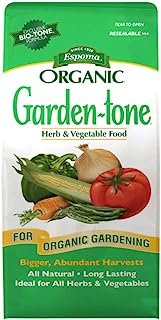
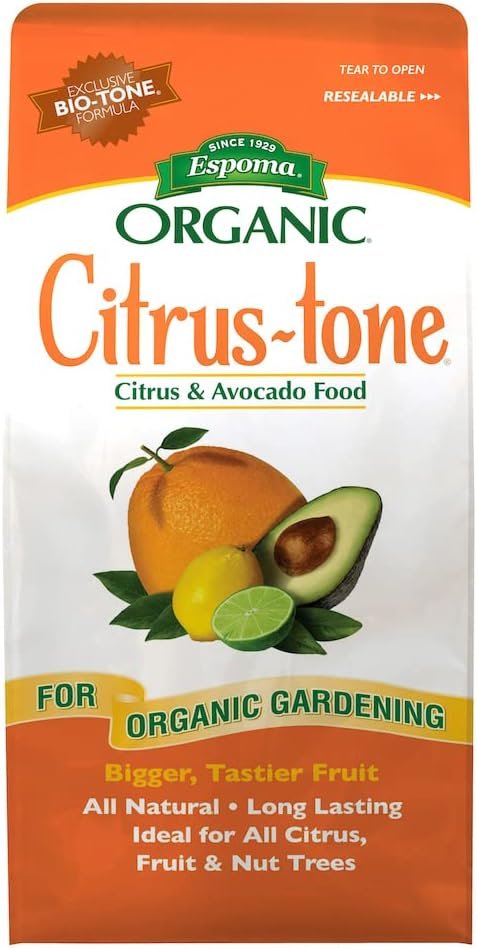

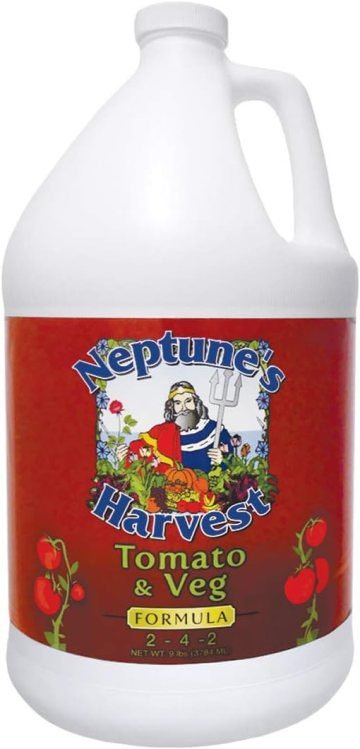
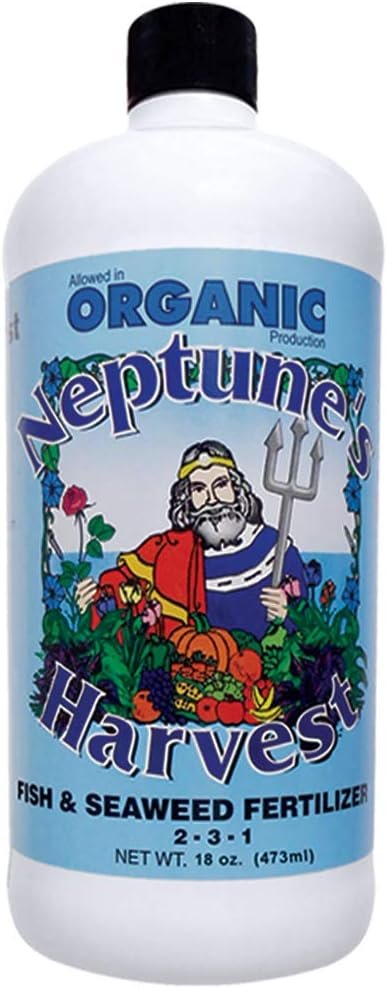
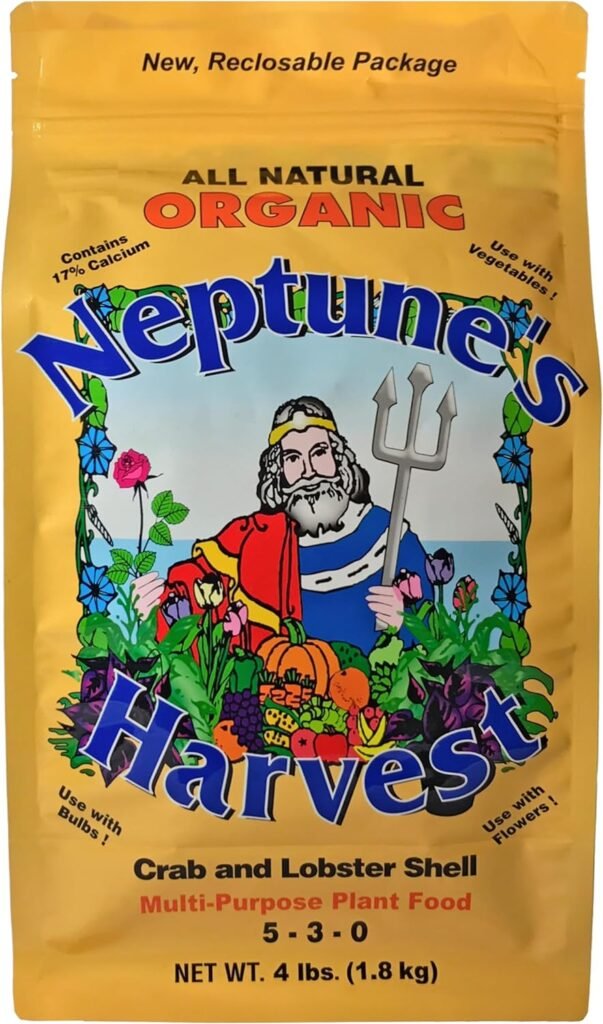
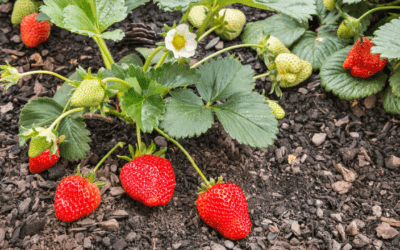

0 Comments